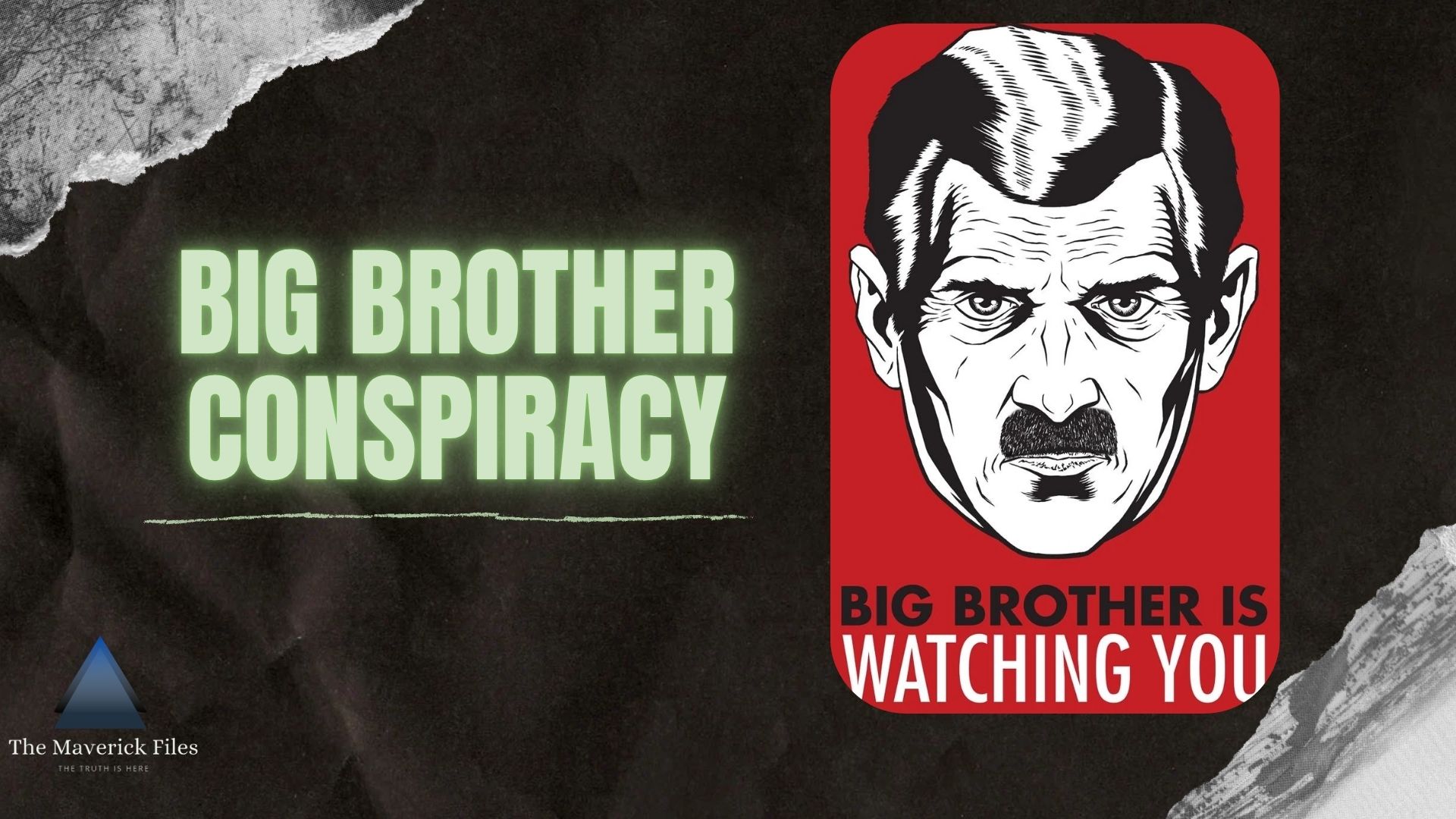
By Maverick
Heath Ledger, the acclaimed Australian actor known for roles in films like 10 Things I Hate About You, Brokeback Mountain, and The Dark Knight, passed away tragically on January 22nd, 2008, at the age of 28. His death was ruled an accidental overdose of prescription medications, including painkillers, anti-anxiety drugs, and sleeping pills. Despite the official cause of death, conspiracy theories have surrounded Ledger’s passing, driven by the mysterious nature of his final months, his role as the Joker in The Dark Knight, and Hollywood’s sometimes troubling relationship with young stars.
Heath Ledger officially died from an accidental overdose of prescription medications, including oxycodone, hydrocodone (painkillers), diazepam (Valium), temazepam (a sleep aid), and other anti-anxiety and sleep medications. Ledger was found unconscious in his New York City apartment by his housekeeper and a masseuse, and efforts to revive him were unsuccessful. The medical examiner concluded that his death was the result of acute intoxication from the combined effects of these drugs. Ledger had reportedly struggled with insomnia for years and, during the filming of The Dark Knight, his portrayal of the Joker led to increased anxiety and sleeplessness. In interviews, Ledger described having trouble “shutting his mind off” after filming, leading him to take prescription medications to help him sleep.
Investigations ruled out foul play and authorities found no evidence that Ledger intended to harm himself. His death was classified as an accident, but the unusual mix of medications raised questions about how he obtained the prescriptions and whether his doctors had contributed to the tragedy.
A theory about what may have contributed to Ledger’s untimely demise is centered at his role as the Joker in The Dark Knight, to where it could have affected his mental health so profoundly that it led to his death. The theory suggests that the dark and chaotic nature of the Joker character took a toll on Ledger’s psyche, pushing him toward depression and reckless behavior, ultimately resulting in his overdose. Some theorists claim that Ledger became “possessed” by the Joker’s chaotic energy and struggled to separate the character from his real life. In interviews, Ledger admitted to being deeply immersed in the role, which required him to live in isolation and explore darker aspects of human nature. This immersion led to the belief that the Joker character had a psychological effect on him.
This theory is often connected to the “Joker curse” myth, which posits that actors who take on the role of the Joker face personal and professional turmoil. Proponents of this theory point to other actors who have portrayed the character, including Jack Nicholson (who reportedly warned Ledger about the dangers of the role) and Jared Leto, both of whom experienced public scrutiny or personal challenges after playing the Joker.
Conspiracy theorists also assert that Heath Ledger’s death was not accidental but part of yet again another ritualistic “sacrifice” by Hollywood’s elite or the Illuminati. This theory draws from broader conspiracies about the entertainment industry, which claim that powerful figures in Hollywood demand “sacrifices” from stars in exchange for fame and fortune. It’s not out of the realm of possibility to speculate about this, because it is already well known that the entertainment industry can be a very risky and dangerous business.
The timing of Ledger’s death, just before the release of The Dark Knight, added fuel to this theory. Some conspiracy theorists argue that his death was too convenient for the film’s promotion and that Hollywood elites “sacrificed” Ledger at the height of his career to ensure the film’s massive success. The enormous box office performance of The Dark Knight, alongside Ledger’s posthumous Oscar win for Best Supporting Actor, is often pointed to as part of this sinister plot. Other independent researchers delve into Ledger’s filmography, looking for symbolic clues that tie into secret societies or occult practices. For example, his role as the Joker, a chaotic, nihilistic character who challenges the established order, is seen by some as a representation of rebellion against elite powers. This narrative fits into the broader Illuminati theory, which claims that stars are “punished” when they step out of line.
There are also those who suggest that Ledger’s death was not accidental and that he was intentionally given a lethal combination of drugs. Some point to his rapid rise to fame and his outspoken nature about the pressures of Hollywood, suggesting that someone may have had a motive to silence him. While there is no credible evidence of this sufficient to land in a court room, conspiracy theorists often cite the sudden and shocking nature of his death as suspicious. Others also ascribe blame to the pharmaceutical industry, suggesting that Ledger’s death was a consequence of overprescription and the careless distribution of dangerous medications. Conspiracy theorists argue that Ledger, like many others, was a victim of an industry more concerned with profits and religious sacrifice than the well-being of their stars. It’s even more eerie how the industry doesn’t even need an actor to be alive anymore as Artificial Intelligence has taken over the 21st century.
While Heath Ledger’s death has been the subject of numerous conspiracy theories, the official cause an accidental overdose remains the most credible explanation, at least on paper. Although these theories persist, there is no concrete evidence to support them, leading to internet sleuths to question how and why this happened. Who knows, maybe we’ll get more answers in another few decades like with President Kennedy’s assassination. There’s definitely a pattern with these celebrity deaths and I know what skeptics will say, that people die every day and celebrities are just like regular people that can die in car accidents, overdoses, gunshot wounds, drowning, plane crashes, you name it. I hope that I’ve given you plenty to think about here but stay tuned for more. Please share your thoughts in the comment section. Be well.



